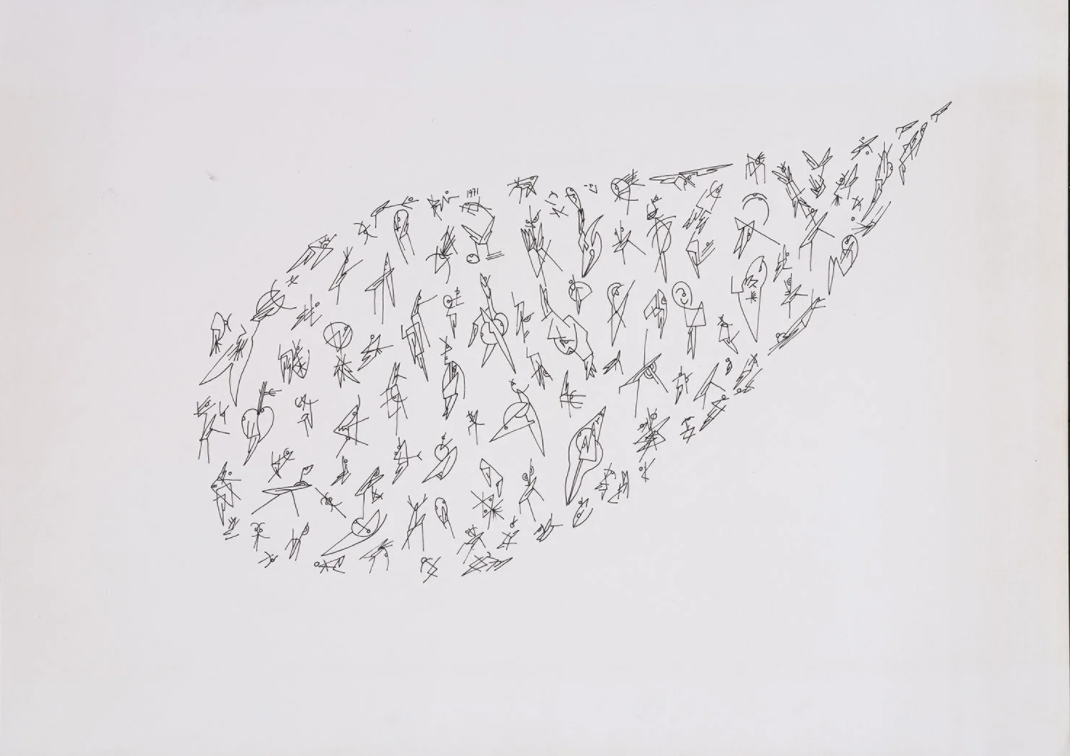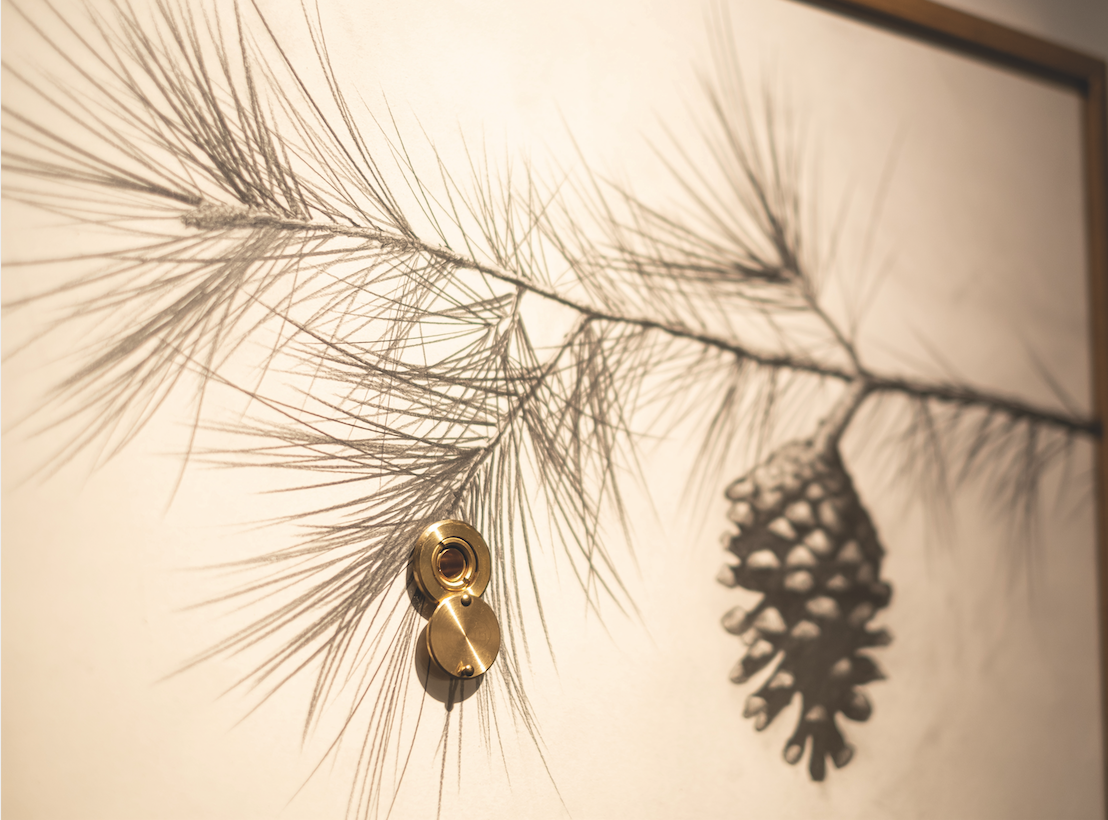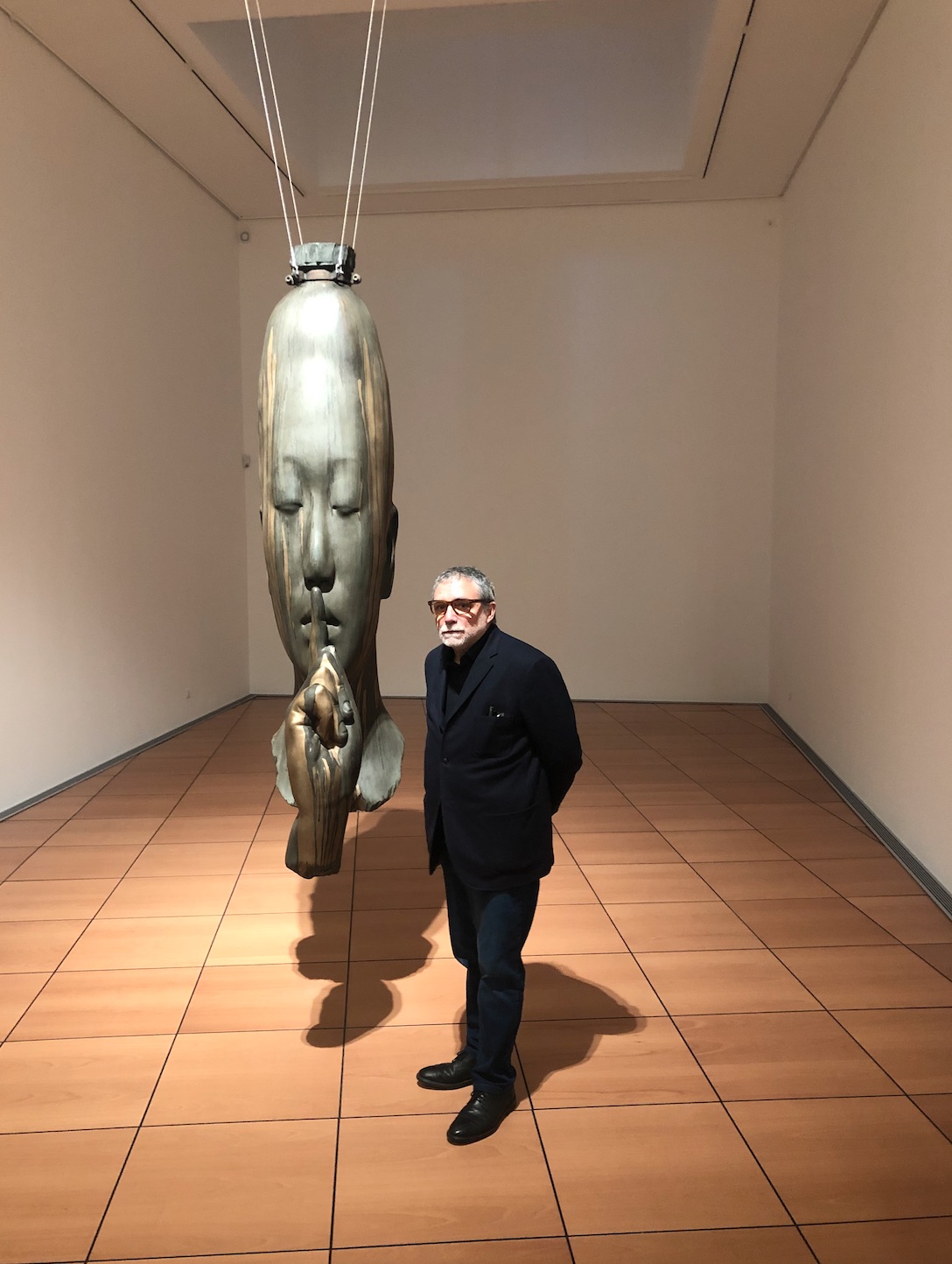Exhibitions
The RocíoSantaCruz Gallery presents Colita's "Woman Situation Boundary"

The RocíoSantaCruz Gallery presents, from March 11 to May 14, Women Situation Limit, a virtually unpublished exhibition consisting of 32 photographs of Colita, which are original vintage copies that were first exhibited in 1985 in the Exhibition Hall of the Caixa de Barcelona, with the collaboration of Barcelona City Council, and under the title: Situation limit of the marginalization of women.
Thirty-seven years later, the RocíoSantaCruz Gallery recovers the 32 original prints in an exhibition project that seeks to investigate the contemporary spirit that permeates the entire work of Colita.
The hand program of the exhibition in 1985 included an unpublished text by M. Aurèlia Capmany, councilor for culture at Barcelona City Council at the time, and wrote:
True, we know this, and they never tire of telling us that illness, old age, low-paying work, loneliness, and death do not belong exclusively to women. Even those who want to deny the evidence remind us that women live longer, that they are stronger, wow, that they are more slutty and do not realize that with this argument they further demonstrate the marginalization of women.
Marginalization does not mean more sadness or more infections or more insomnia or more fear of living, it simply means that once on the sidelines where she was placed at birth there is no way to make the leap and be in the right place. way. Living on the sidelines means that life itself does not go down the main road, that it does not lead anywhere, that it depends on another, like a remorse, without the ability to make its own decision, that it depends on the sound they play and that marks the way ral.
Marginalization is sometimes not noticed, or very little is noticed. Sometimes it seems that the woman has placed herself on the side of the road, skipping the rhythmic pace of the males, well-uniformed, dali dali on the main road, and you would say that they have stood on the sidelines by vocation, by decision, out of laziness, out of mischief, as if to say: Apa, I don't want to come! If you look closely, you will notice that no one is left without dinner for lack of appetite, and that if they stay there is because they are sick.
That is why, in order to make people understand how distracted the woman is, thanks to the terrible organization of the social body, she is in a borderline situation, that is, leaning against the wall, it is necessary to go with the aim ready and hunt -la in the moments when he is not in the mood to play the role of: to me they all put me!
To undo the grateful theses, which cradle good consciences, it is necessary to insist on ideas as simple as these:
The natural place of the woman is not the kitchen.
Motherhood is not the only justification for a woman's life.
The woman is not happy selling her work at a bargain price
The woman is not at all satisfied when they rape her, or when they want to rape her and not even when they say to her: Pisa brunette!
Women simply want everything: responsibility, decision-making ability, intervention in collective life, the enjoyment of all the gifts of life, risk and fullness. The woman is, in the first place, a person, and the fact of being a person-female should not invalidate her ability to be a person. And if it is necessary to change the social body for this to be possible, then let us change it.
The validity that, unfortunately, Capmany's text and Colita's images still have, force us to reread and look back at what we as a society cannot accept. And that Colita with the look transgressed from the denunciation to the work of art.
Colita, in 40 years of profession, has made more than 40 exhibitions and published more than 30 photography books. His work is in the permanent collection of the Reina Sofia Museum and the National Art Museum of Catalonia (MNAC), and part of his extensive work is deposited in the National Archive of Catalonia, in the Municipal Archive of Barcelona, at the Institut de l 'Teatre, the Fundació Campalans, the Fundació Brossa and the Filmoteca de Catalunya. She has also been named an honorary doctor by the Autonomous University of Barcelona in 2012.
In 2014 he was awarded the National Photography Prize, an award he rejects because of the current situation of culture and education in Spain.
In 2015 he was awarded the Bartolomé Ros Prize for the best Spanish career in photography. The jury, formed by Rosa Ros, responsible for the legacy of Bartolomé Ros; Gervasio Sánchez, photographer; Rafael Doctor Roncero, commissioner; João Fernandes, Deputy Director of the Reina Sofia Museum; and Alberto Anaut, President of PHotoEspaña, want to recognize with this award “the coherence of his career, his professional independence and the whole of his work, a testimony of an era, lived from within.









